Taiwan Society for the Prevention of Cruelty to Animals / Taiwan Animal Equality Associaton / The Environment & Animal Society of Taiwan / Animalskies
Joint Press Release (2021.6.21)
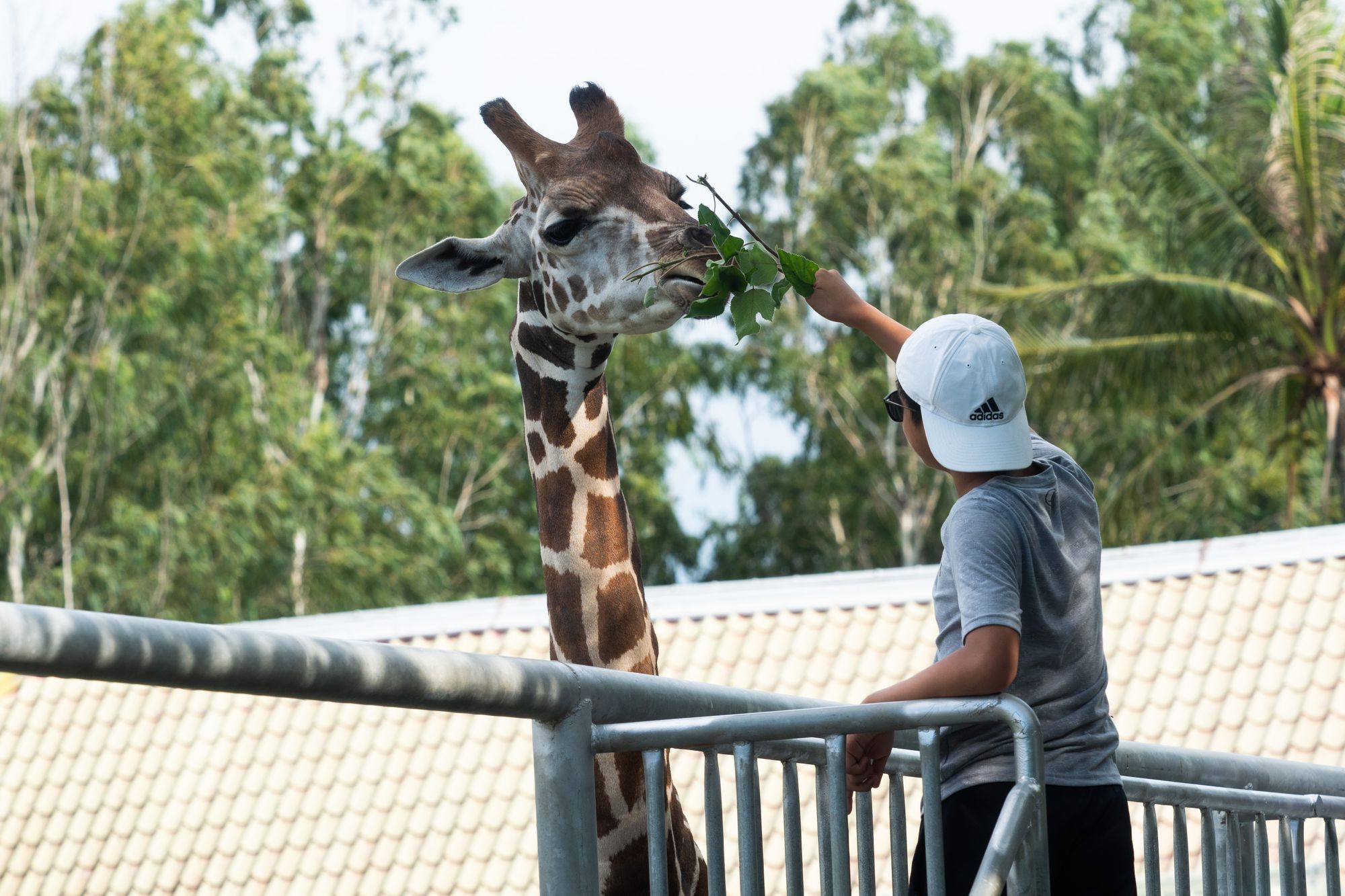
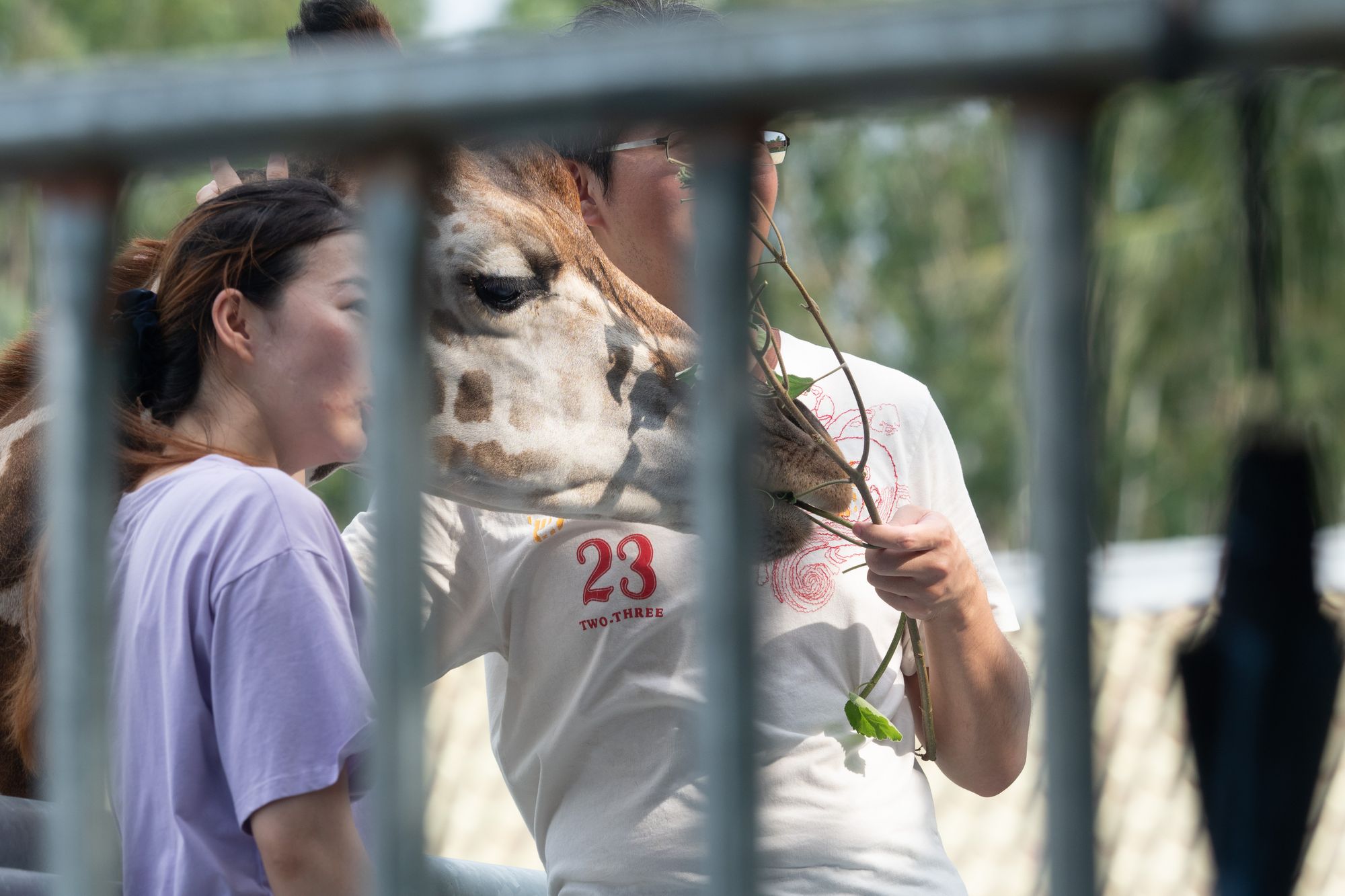
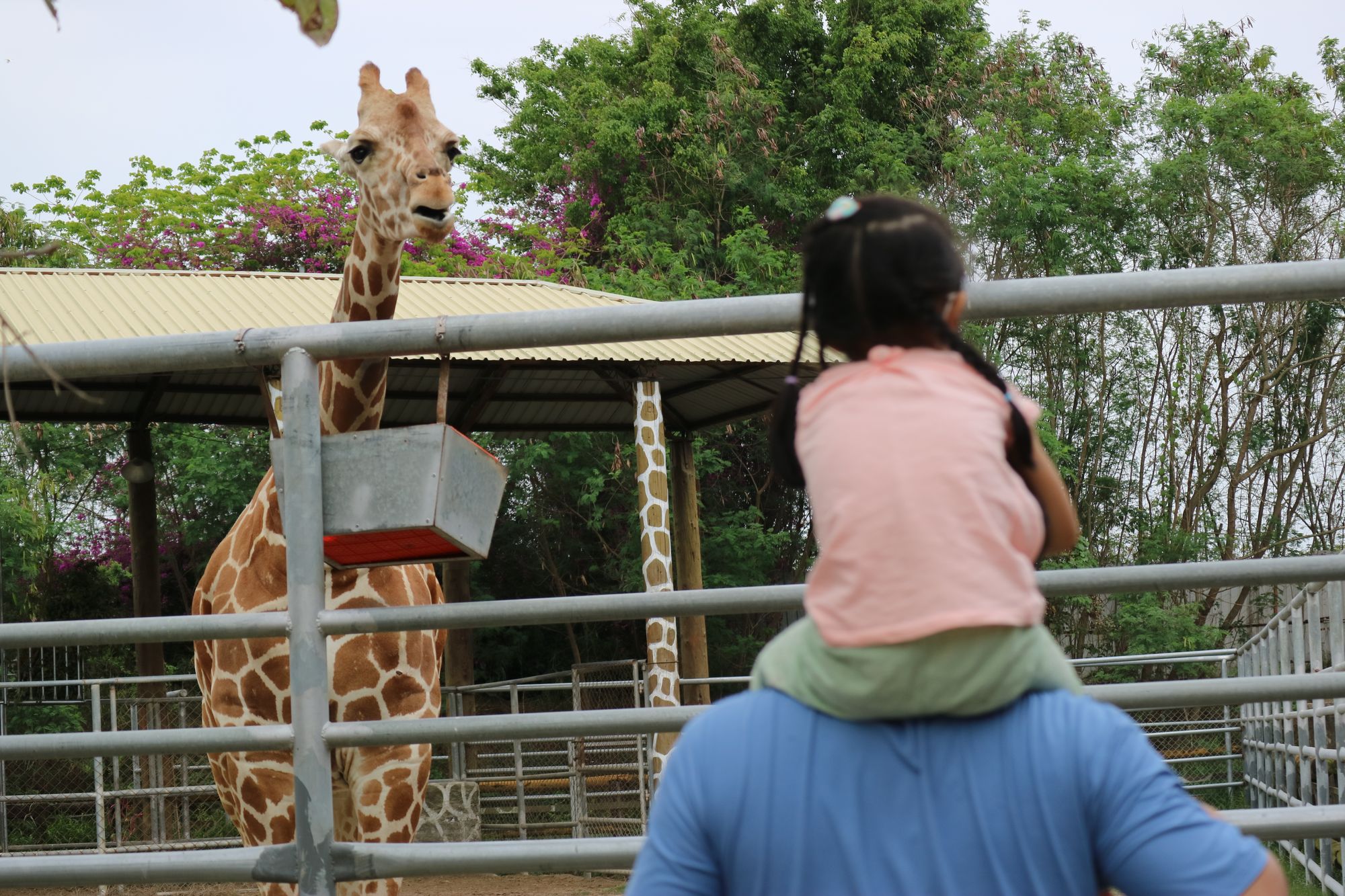
Today (June, 21st) is International Giraffe Day. Four animal welfare organizations, along with legislators held an online press conference objecting to Wanpi World Safari Zoo’s (noted as “Wanpi” below) applications to the Forestry Bureau to import 18 giraffes, antelopes and other wildlife to Taiwan. Animal welfare organizations have released evidence calling out Wanpi’s 5 major failings in terms of animal welfare. Wanpi is an abhorrent facility with an abysmal giraffe enclosure and high mortality record. Wanpi should be prioritizing its effort to improve the condition of the animals that they already have instead of treating animals as disposable puppets, all for the sake of profit. The proposed animals will be transported from overseas and end up suffering in captivity in Taiwan. This type of wildlife trade not only threatens conservation, but promotes wildlife poaching. We ask the Taiwanese government to object Wanpi’s import application.
Wanpi World Safari Zoo is known as the largest privately owned zoo in Southern Taiwan. Since the start of the business in 1994, it has been a controversial facility. In 2014, it was listed by animal welfare organizations as one of the 10 worst animal exhibits in the country. In 2018, a 7-year-old giraffe named 「Shiao Shun」, was witnessed dashing, falling, vomiting then dying in front of public crowds, which was reported by major media outlets across Taiwan. Throughout the years, the horrendous condition at Wanpi’s facilities have been continuously reported by visitors and animal welfare organizations. In 2020, media conglomerate Sanli E-Television Inc. became a shareholder of Wanpi, and instead of working on improving the conditions and welfare of the animals, the corporation has put funds into importing more wildlife from Swaziland, including 18 giraffes, rhinos, zebras, and antelopes. The application for the giraffes has already been approved by Taiwan’s Forestry Bureau.
◾Stop Taiwan from Becoming a Giraffe Gravesite
In the past decade, Wanpi has housed 5 giraffes, with 4 of them dying due to disease or other accidents and most before the age of 10. Compared to Giraffes having a life expectancy of around 27 years in the wild, Wanpi’s conditions are simply unacceptable.
Earlier this year in 2021, a giraffe Wanpi imported from the United States in 2019 named 「Pipi」 was found dead from strangulation after getting stuck between the zoo’s enrichment installations at the young age of 3. Rob Laidlaw, Executive Director of Zoocheck says, “Multiple giraffes dying long before reaching middle age is a definite red flag. Death due to a lethal interaction with an enrichment device should have been preventable.” Furthermore, the only giraffe currently left at Wanpi (named Nini) was found to have part of her tail missing and Wanpi has claimed that they do not know the cause even after reviewing surveillance cameras.
【Giraffe Mortality at Wanpi World Safari Zoo】
2011 Giraffe named「Shiao Qiang」that was given to Wanpi by Taipei City Zoo dies of a parasite infection before reaching adulthood.
2011 7 year old giraffe named「Shiao Shun」 was lent to Wanpi from Taipei City Zoo for breeding purposes.
2017 9-year-old giraffe named「Yiyi」dies from tongue related disease.
2018 「Shiao Shun」 dies from asphyxiation after fainting and choking on vomit.
2019 Wanpi buys 2 giraffes from the United States named「Pipi」and 「Nini」.
2021 3 year old giraffe「Pipi」 dies from strangulation after getting caught in enrichment installations in the enclosure.
◾5 Animal Welfare Concerns at Wanpi World Safari Zoo (Appendix 1)
1. Numerous animals at the facility are found to have injuries and Wanpi has not provided proper medical care. Most of the animals exhibit stereotypic behaviors.
2. Enclosure designs do not suit the natural needs of the animals and fail to meet minimum requirements and standards.
3. There are animal performances that are unnatural and goes against animal welfare education and conservation.
4. Visitors can pay to feed the animals which can be potentially hazardous to the health and safety of the animals involved.
5. There are no restrictions on how visitors interact with the animals which can cause extreme stress and fear in the animals involved.
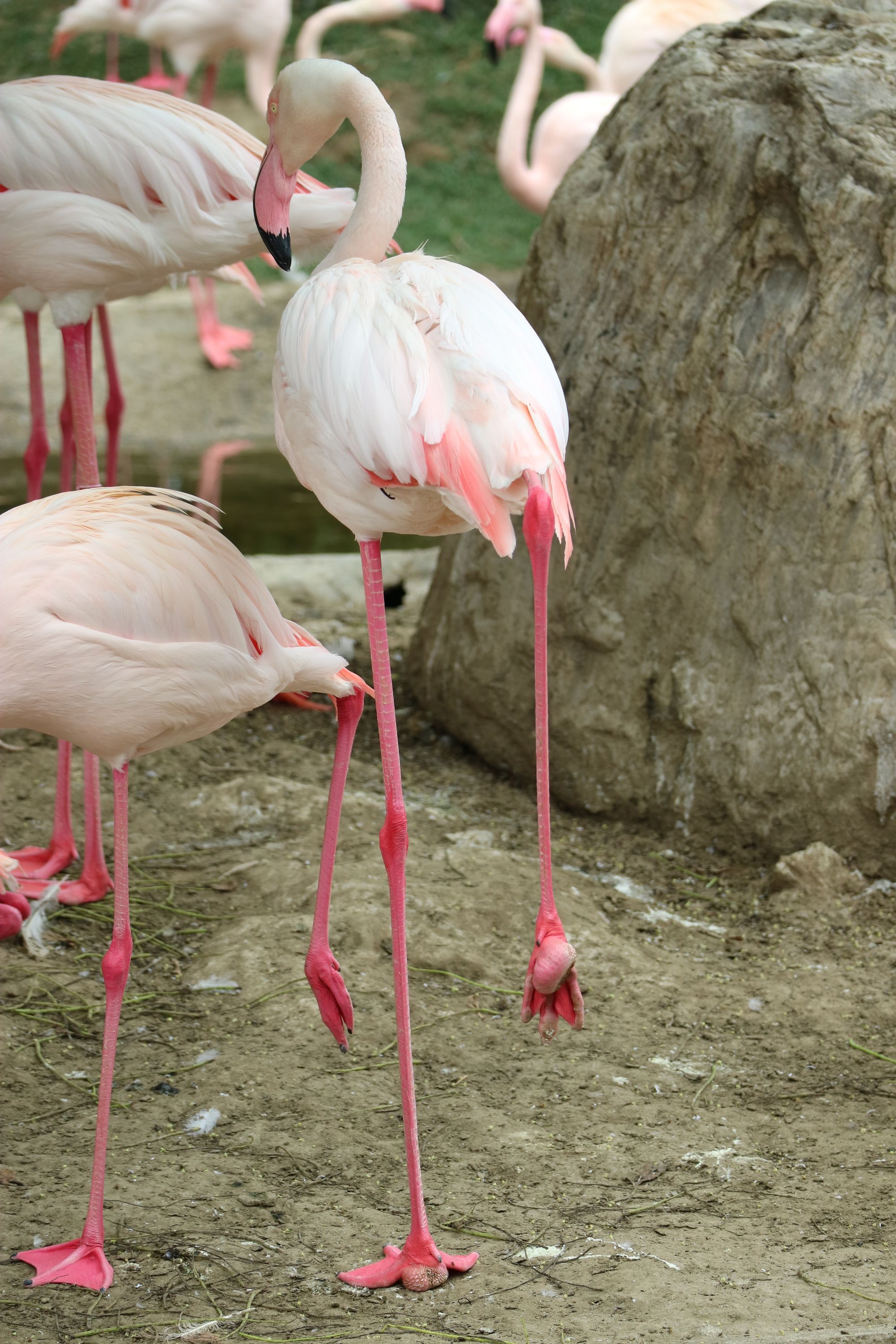
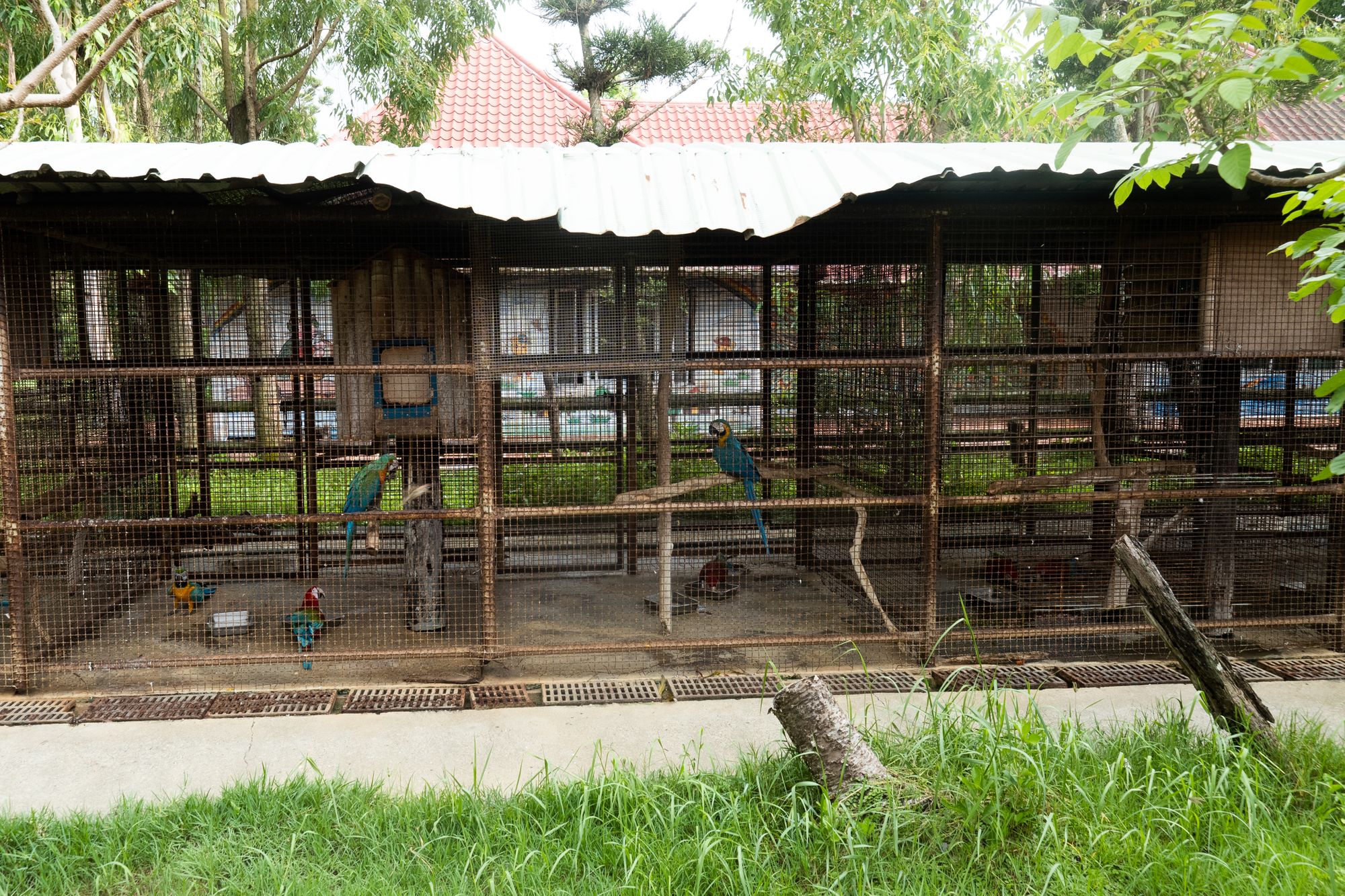
Staff from animal welfare organizations visited Wanpi Zoo a total of 5 times and found through several inspections that Wanpi not only has problems with its management, but has failed to comply with regulations in the <Performing Animal Industry Management Act> regarding the need to provide an environment that meets the natural needs of animals. Organizations question why Wanpi was issued an animal exhibit and performance license from the government even though its conditions are so horrendous. Taiwanese legislator Jiao-Hua Chen from the New Power Party comments, “How properly the relevant authorities have inspected Wanpi Zoo is questionable. During the licensing process animal welfare organizations were not invited and documents have not been made public. The transparency and licensing standards of the <Performing Animal Industry Management Act> needs a thorough review.”
Taiwan Animal Equality Association’s Ting-Yi Lin states, “Wanpi’s current animal performances include pigs, parrots, and a hornbill, which involves the animals either going down slides, riding bicycles, or shooting hoops. These programs involve forcing and harassing animals simply for entertainment and profit. What the public doesn’t realize is that once the animals leave the stage, they get locked back into small and empty metal enclosures. Wanpi World Safari Zoo boasts themselves as an educational facility and a protector of animals. How ironic is that?”
◼Continuously sacrificing innocent animals for the sake of profit
Giraffes are the tallest animals in the animal kingdom. Any form of transport can cause them serious harm both physically and mentally, even to the point of death. International conservation groups suggest, one should not transport giraffes unless absolutely necessary.
In August 2016, a 7 year old giraffe named「Shiao Jiu」was reported to have died of lung and heart failure due to severe stress. He was being loaded onto a truck for transportation towards Liufoo Village Theme Park from Taipei Zoo. His death happened before they even took off. There was also an incident in Texas, US where a giraffe died during transportation due to a broken neck. The list of giraffe deaths caused by transportation just keeps going. It is an absolute threat and danger to their lives and welfare.
Taiwan Society for the Prevention of Cruelty to Animals’ Director of Research and Advocacy, Ting-Yu Chen states, “Wanpi has built a new enclosure which has an area of 2,800 m2. Including their old enclosure, it will be about a space of 4,000 m2 that will have to fit 19 giraffes. The density of giraffes will triple in these conditions.”
According to EAZA’s (European Association of Zoos and Aquaria) housing guidelines, giraffes' range in the wild can be anywhere from 23 to 163 km2. The guidelines indicate that the minimal accessible space should be at least 1,500 m2 for a giraffe in captivity. However, Wanpi’s original enclosure was already lower than the international minimal standard.
Born Free Foundation’s Head of Policy, Mark Jones states, “A zoo is no place for giraffe, where these complex, social, wide-ranging, browsing animals are subjected to a life of social deprivation, environmental restrictions and inadequate nutrition. As a result, giraffe in zoos frequently suffer compromised health, abnormal behaviors and shortened lifespans. Keeping of giraffe in captivity significantly impacts the welfare of the individual animals involved, and has no clear role in the overall conservation of the species. We are calling for the phasing out of the keeping of giraffe in zoos, and for funding to be directed towards protecting giraffe in the wild, rather than the continued expansion of captive giraffe collections.”
Taiwan People’s Party legislator Pi-Ru, Tsai states during the press conference, “Wanpi not only has a long record of animal welfare misconduct, but also struggles to adhere to the international minimum standards for animal care and welfare. A questionable facility like this somehow has obtained a legal permit to import even more wildlife, which is totally unacceptable. I request the authorities involved to release information regarding how this was assessed.”
◼Demands from animal welfare organizations
1. The Taiwanese government should take international conservation, animal welfare and risks of disease transmission into consideration and withdraw the permit they’ve given to Wanpi regarding the import of rhinos, zebras, antelopes, and 18 giraffes.
2. In order to ensure animal welfare, the central government authorities in charge of the execution of the <Wildlife Conservation Act > and <Animal Protection Act>(including the Forestry Bureau and Animal Protection Division of the Department of Animal Industry)should work together systematically along with the local government authorities when it comes to evaluation on applications for animal trade and animal exhibit permits.
3. Tainan City Animal Protection Office should immediately penalize Wanpi for violating the <Animal Protection Act>.
Appendix 1 |5 Animal Welfare Concerns at Wanpi World Safari Zoo
◼Call to Action
1. Share this news on social media to increase awareness and hashtag #BoycottCruelZoos #SayNoToWanpiZoo
2. Take a photo with our sign, post to social media and tag Wanpi World Safari Zoo on FB
Download photo sign: shorturl.at/sHTV4
? Objection to Wanpi World Safari Zoo’s Importation of 18 Giraffes and other Wildlife Alliance ?
Taiwan Animal Equality Association, Taiwan Society for the Prevention of Cruelty to Animals, The Environment & Animal Society of Taiwan, Animalskies, Life Conservationist Association, WildAid, Kindness to Animals, Faith for Animals, Taiwan Rabbit Saving Association, Leopard Cat Association of Taiwan, Association for Coexistence with Macaca Cyclopis, Heart of Taiwan Animal Care, Taiwan Animal Protection Monitoring Network
Media Contact
Connie Chiang (Executive Director, Taiwan Society for the Prevention of Cruelty to Animals) +886-953-850-303 / +886-2-7382130
connie.chiang@spca.org.tw

